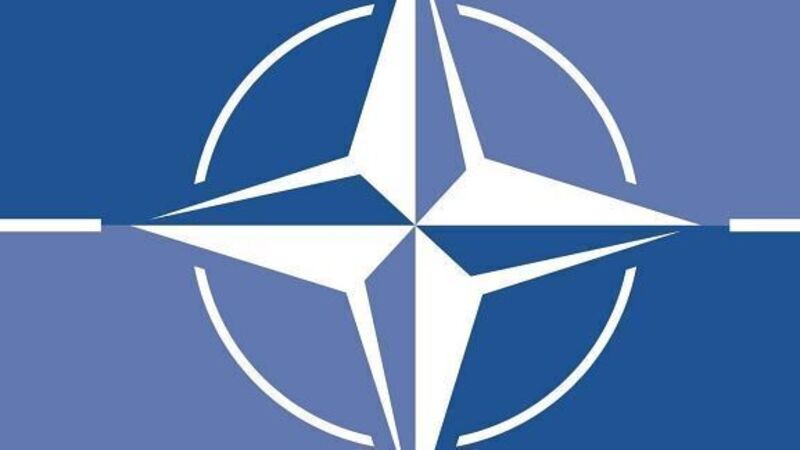25 dead in 'unprovoked and indiscriminate' Nato attack on Pakistani checkpoint

Pakistan state TV said the death toll from an alleged Nato helicopter attack on a Pakistani army checkpoint near the Afghan border has risen to 25 soldiers.
The Pakistan military has blamed Nato helicopters for the attack on the checkpoint in the Mohmand tribal area late last night.














